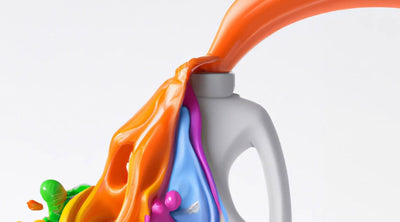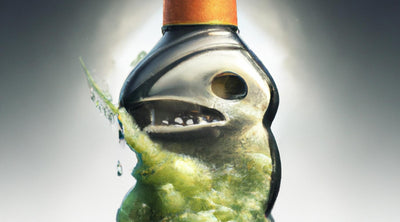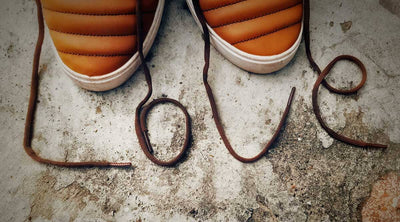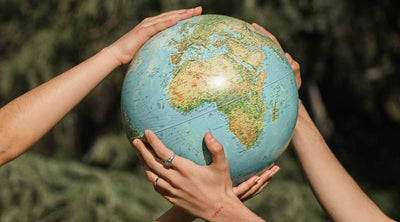How our Trash Enters the Environment
september 16, 2020We’ve seen photo after photo of trash piling up on beaches, blocking rivers, or gathering even in the middle of the ocean!
Eight million tonnes of just plastic enters just the ocean every single year. This isn’t even talking about other forms of trash or other types of environments. 🚛
Statistically speaking, a lot of that trash probably came from us or our country, whether we are on the coast or not. But how?
Intentional littering

Sadly, everywhere around the world many people still intentionally discard their trash into the environment. Whether that be on land or into water.
You can still see it a lot right in front of you at 🏖beaches or on hikes. You’ll see things like cigarette butts, wrappers, or bottles and cans. And all of these things will last generations.
Sometimes this is out of laziness, other times out of carelessness, and sometimes it is because of poor waste management systems in certain areas, if they have any system at all.
What we can do

Encourage others to dispose of trash properly, or better yet reduce their waste all together. The best way to convince people of these changes is to talk about our own experiences, as opposed to guilting them in.
If you don’t feel like talking, try picking up their trash right in front of them!😂 People don’t usually enjoy the feeling of having a babysitter who cleans up after them, since most of us were raised to clean up after ourselves.
Carried by rivers and weather

A community could be hundreds of miles away from any coast, but if there is even a 🏞creek nearby then that trash now has potential to end up not just in a forest, but in an ocean.
Trash can be blown by the 🌬wind to a nearby river or stream, and that includes trash already on its way to a landfill or recycling center. Rivers are estimated to carry 1.15 to 2.41 million tonnes of trash to the ocean every year. This is why it’s so important to always reduce first.
All water flows downhill. This means any time it rains, or even worse...floods, it’s very likely the trash on the ground will flow with the water.
What we can do

Let people know the photos of trash in the ocean and in 🐳marine animals can happen to river or forest animals and their respective environments. And just because there is no ocean for miles doesn’t mean our trash can’t end up there in transportation or simply from the wind and rain.
Of course, advocate for more zero waste use along with better waste management systems in your community.
Flushed

Cotton buds, hygiene products, microplastics, and more all end up in the ocean and natural environments from simply being 🚽flushed down the toilet.
Microplastics are used for things like exfoliators in soaps and toothpastes. They can also be from larger forms of plastic that have simply fallen apart. Because they are so small, they tend to easily sneak past water treatment plants and therefore into the environment. This seems like a rather large con compared to the pros of using them.
What we can do

Education on disposing of these things properly would be great, but even disposing of things properly still has potential to end up in the environment, as we’ve discovered.🌏
So why risk it? Why not just skip the single use options all together? We are happy to be creating a zero waste alternative to cotton swabs. But we can also replace many other single use items, from LastObject and elsewhere.
The best thing we can all do, no matter how our trash is entering the environment, is to reduce our use of things that have such a limited lifespan.
We should push for products that are designed with a ♾cyclical aspect in mind: meant to break down properly or reused and recycled easily.
We should also advocate for more streamlined and efficient waste management systems. Ones that significantly reduce the potential of trash entering the environment or energy and resources being wasted.

Of course there's a lot of trash entering the environment every second, and it’s expecting to 📈increase dramatically if we continue on the same path. But we are also seeing a lot of hope on this path to change.
States in the US, and countries all around the world are making efforts to stop the use of single use plastic. They are implementing bans, opting for more eco friendly materials, and implementing better waste management systems.
Good changes have been happening, and we all have the power to continue those changes. 👍

Written by Aaron Burr
A writer dedicated to working solely with companies on a mission to help the earth and people on it.
MORE Sustainability 101 ARTICLES View all ›
Ready to make
the switch?
- Powerful Cleaning
- Dissolves Easily
- Skin-Friendly
- Eco-Friendly
- No Mess














